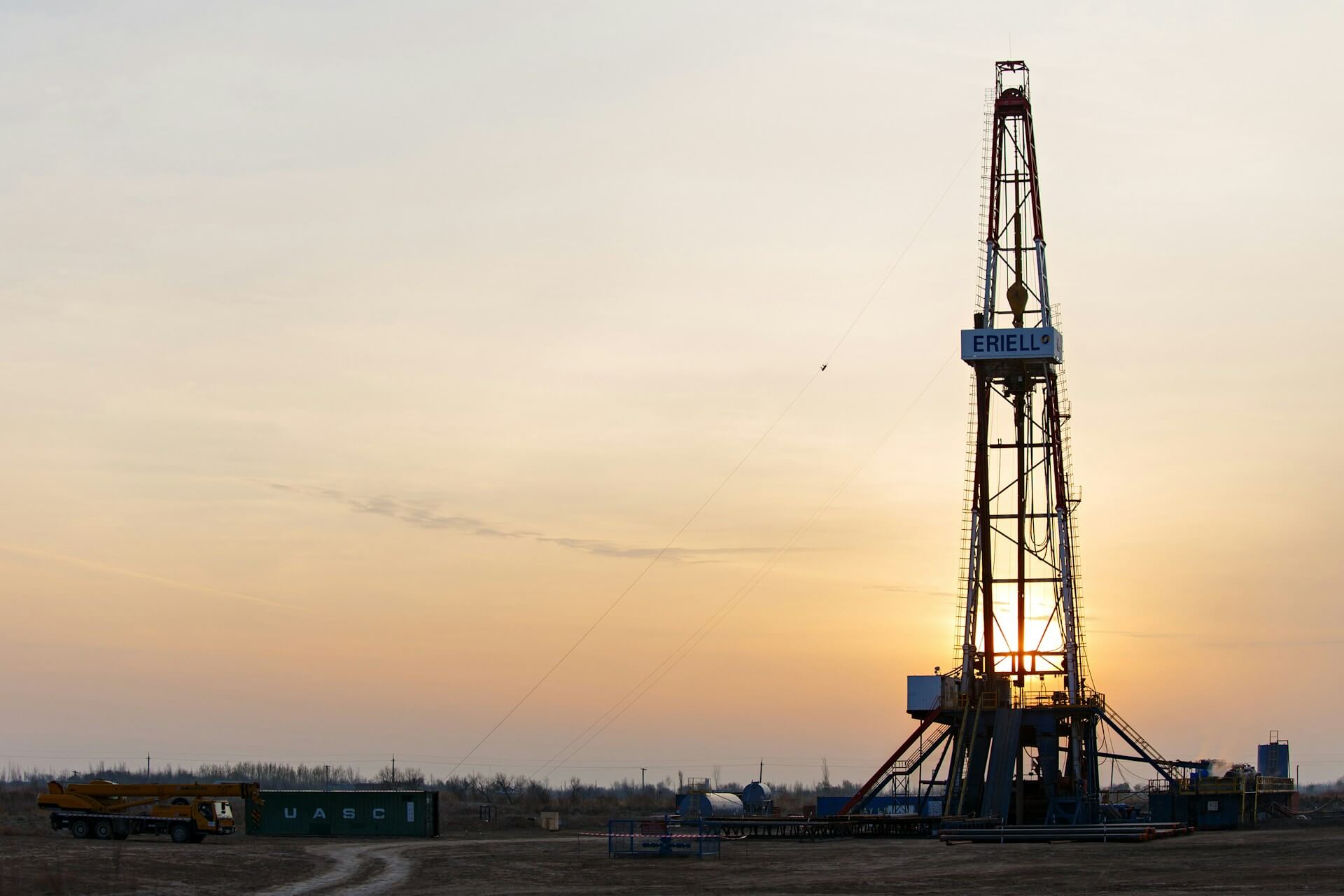Protecting Your Energy Business: Essential Insurance Solutions
The energy industry is one of the most critical sectors, but it is also exposed to a unique set of risks.
Environmental Liability Insurance: Addressing the Impact of Energy Operations
Energy companies, particularly those involved in oil, gas, and renewable energy production, face increased scrutiny over their environmental impact. Environmental liability insurance protects against the costs associated with pollution, contamination, and environmental damage caused by operations, such as spills, leaks, or hazardous material accidents.
Key Insights:
- Regulatory Pressures: With the growing focus on environmental sustainability and climate change, energy companies are under pressure to comply with stricter regulations and reduce their carbon footprint. Failing to meet these standards can result in hefty fines and regulatory penalties.
- Coverage Scope: Environmental liability insurance covers cleanup costs, legal defense, regulatory fines, and third-party claims related to environmental damage caused by company activities.
Pinch: Without environmental liability insurance, energy companies could face devastating financial consequences if an incident leads to environmental damage. A spill or contamination incident not only leads to massive cleanup costs but could result in extended production halts, public relations disasters, and significant damage to the company’s reputation in a highly sensitive market.
Property Insurance: Safeguarding Critical Infrastructure and Equipment
Energy production depends on expensive machinery, equipment, and infrastructure, making property insurance essential. This coverage protects physical assets, including power plants, drilling rigs, and renewable energy installations, from fire, theft, vandalism, and natural disasters.
Key Insights:
- High-Value Assets: Energy companies invest significantly in infrastructure, such as power grids, refineries, and wind farms. Property insurance ensures that these high-value assets are protected against damage or destruction, enabling the company to resume operations swiftly after an incident.
- Business Continuity: Property insurance also often includes business interruption coverage, ensuring that companies can recover lost revenue due to downtime following property damage.
Pinch: Without comprehensive property insurance, even a small incident—such as a fire at a drilling site or equipment failure—could lead to prolonged operational downtime, severe financial losses, and disruption to energy supply chains. In today’s global market, the inability to quickly resume production can have a devastating impact on revenue and market trust.
Workers Compensation Insurance: Protecting the Workforce
The energy industry is one of the most hazardous sectors, with workers exposed to dangerous environments such as offshore rigs, power plants, and mining operations. Workers’ compensation insurance is crucial to ensure that injured workers receive the necessary medical treatment, rehabilitation, and lost wages while protecting the company from potential legal claims.
Key Insights:
- High-Risk Environment: Energy companies employ workers who face risks ranging from machine accidents, falling objects, and exposure to toxic chemicals to heavy lifting and high-pressure systems. Workers' compensation ensures that employees are supported through recovery, preventing lawsuits.
- Legal Compliance: Workers' compensation is mandatory in many jurisdictions. A failure to comply with these legal requirements could result in penalties and damage to the company’s reputation.
Pinch: Without workers’ compensation insurance, the financial consequences of workplace injuries could cripple an energy company. Aside from medical expenses and wage losses, companies risk facing employee lawsuits, regulatory penalties, and long-term worker dissatisfaction that harms productivity.
Business Interruption Insurance: Minimizing Downtime and Loss of Revenue
In the event of an unexpected disruption, such as natural disasters, equipment breakdowns, or regulatory issues, energy companies need business interruption insurance to ensure continued operations. This coverage helps offset the loss of income during periods when normal business activities are halted due to a covered event.
Key Insights:
- Critical Operations: In the energy sector, any disruption—whether caused by a hurricane hitting an offshore oil rig or a machinery failure at a power plant—can result in severe financial losses and interruption of energy supply.
- Coverage for Lost Income: Business interruption insurance helps ensure that companies can cover fixed costs, such as salaries, loan payments, and operational expenses, while they work to restore normal operations after a loss.
Pinch: Without business interruption insurance, even a temporary shutdown could result in lost revenues and operational delays. The energy industry, particularly offshore or remote operations, is especially vulnerable to external risks, and a failure to recover quickly could mean irreparable financial damage.
Conclusion: Securing Your Energy Business with Comprehensive Coverage
The energy sector is inherently risky, and the exposure to both traditional and emerging risks continues to grow. By securing the appropriate insurance policies—such as environmental liability, property insurance, workers’ compensation, and business interruption insurance—energy companies can safeguard their assets, operations, and workforce. Partnering with experienced brokers who understand the unique needs of the energy sector is key to building a robust risk management strategy that ensures long-term stability, regulatory compliance, and business continuity.
Photo by WORKSITE Ltd. on Unsplash



